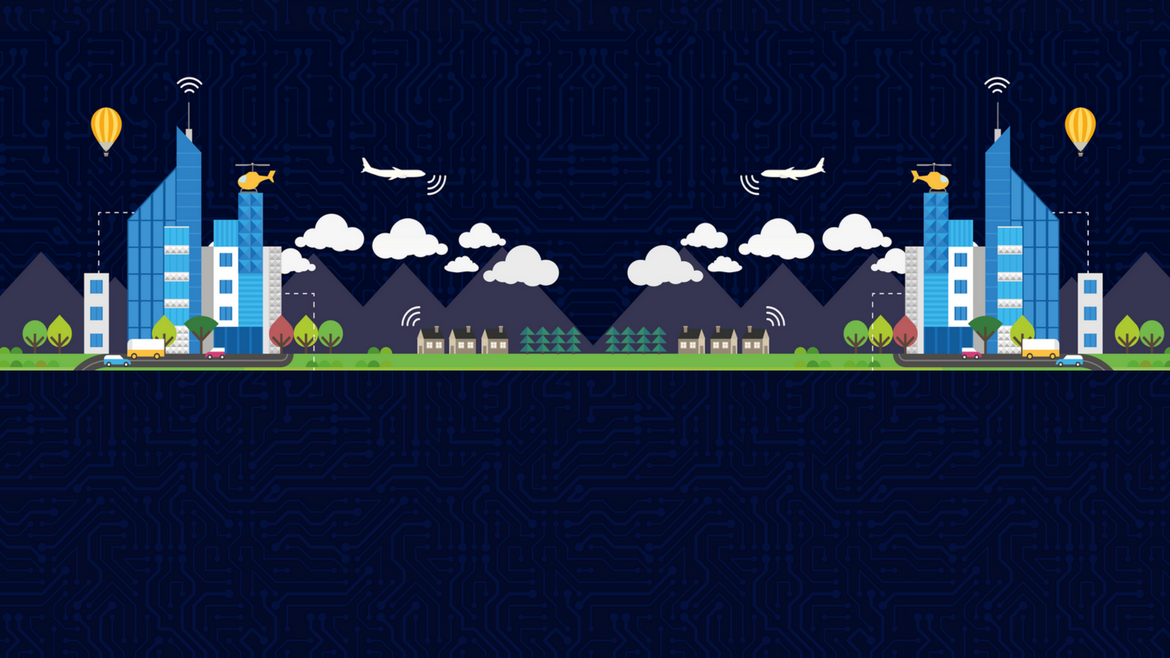Today AI is used by financial services companies to serve customers better and detect fraud; by healthcare providers to more accurately diagnose illness and identify more effective treatments; by manufacturers to keep machines up and running on the plant floor and to streamline supply chains; and by city authorities to track and mitigate urban challenges such as traffic, pollution and crime. As AI becomes increasingly embedded in society, it will not only change the businesses that adopt it but also have significant economic, social and civic effects on citizens and consumers
Intelligent economies: AI’s transformation of industries and societies, a report from The Economist Intelligence Unit and sponsored by Microsoft, draws on a series of expert interviews as well as a survey of more than 400 senior executives working in various industries, including financial services, healthcare and life sciences, manufacturing, retail and the public sector.





